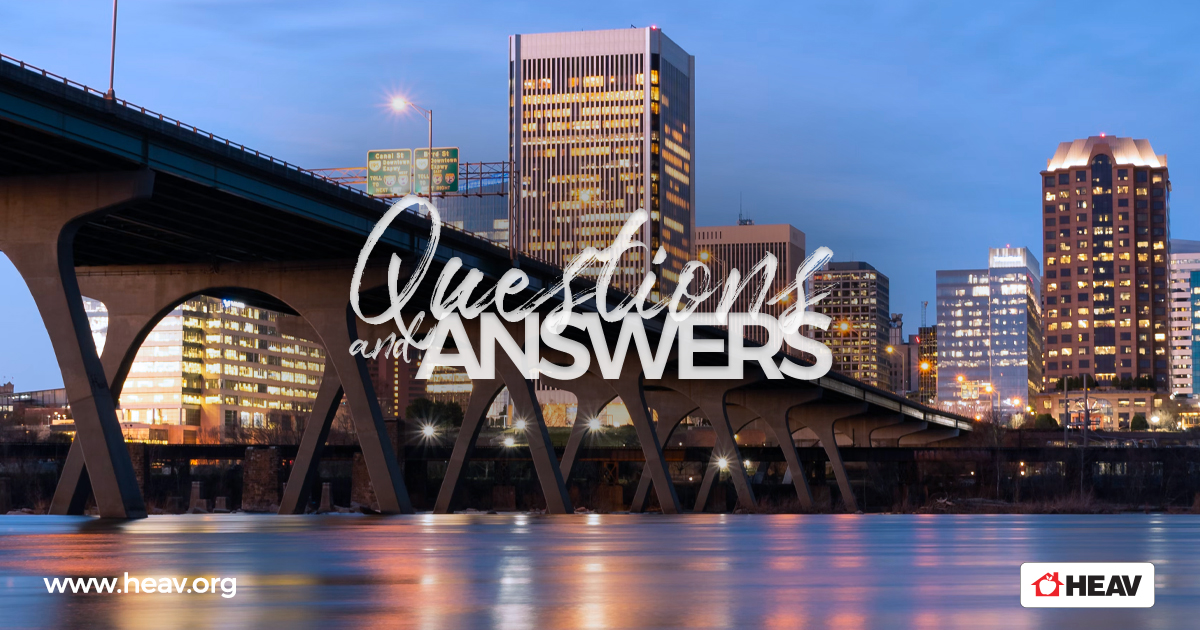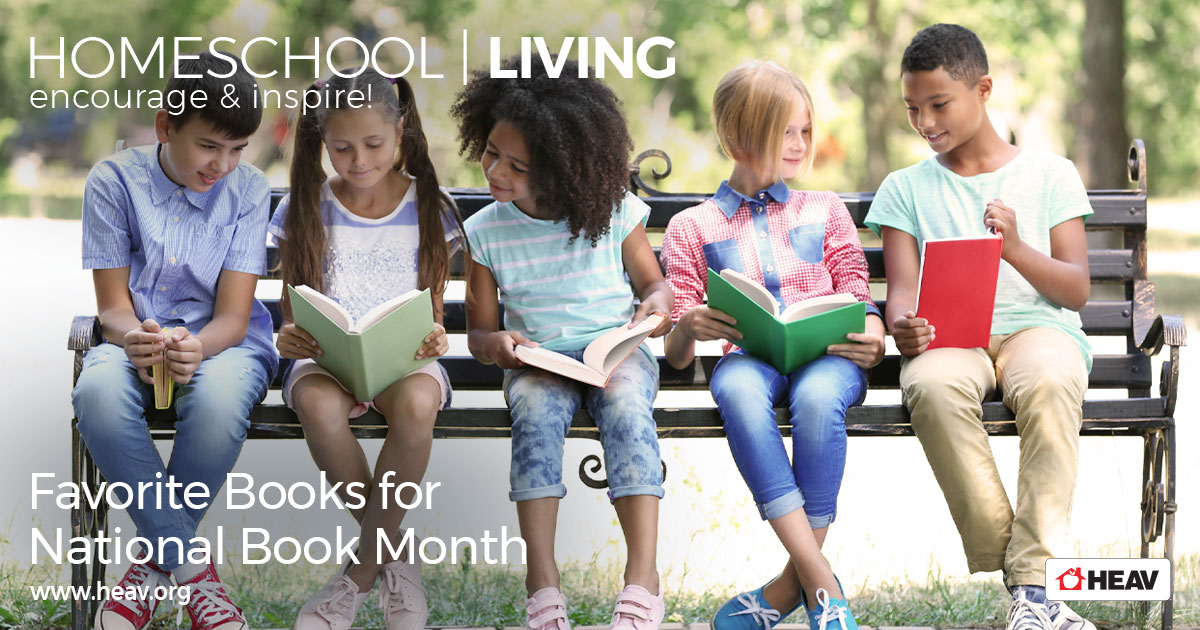Trump’s Agenda 47 Pledge to Homeschool Families
Q. What is President-elect Donald Trump’s “Pledge to Homeschool Families” and what does it mean for Virginia Homeschoolers?
A. In one of President-elect Trump’s Agenda 47 addresses on his website, he “pledged to allow homeschool parents to use 529 education savings accounts to spend up to $10,000 a year per child, completely tax-free to spend on costs associated with homeschool education.”
Further, Trump will “work to ensure that every homeschool family is entitled to full access to the benefits available to non-homeschooled students–including participating in athletic programs, clubs, after-school activities, educational trips, and more.”
Let’s break the President-elect’s pledges apart into two distinct and different categories: financial benefits and access rights.

Agenda 47: Homeschool Financial Benefits
Trump’s proposal to offer tax relief to homeschool families requires Congressional approval. Currently, 529 plans are not federally tax deductible; only the interest growth on the accounts is. Withdrawals of up to $10,000 per beneficiary per year for tuition may be taken as a qualified expense from a 529 plan. Also, 529 plans are limited to expenditures related to postsecondary education and certain elementary or secondary school expenses, such as private school tuition.
Many states, including Virginia, offer additional tax incentives for contributing to a 529 plan. Virginia allows taxpayers to deduct up to $4,000 per account per year with an unlimited carryforward to future tax years (restrictions apply).
In 2017, Congress more broadly defined the original allowable 529 disbursement to “Qualified Tuition Programs” (QTPs) to include public, private, or religious K-12 education (originally limited to post-secondary education). Since Virginia law delineates private school from home instruction, expenditures related to homeschooling do not qualify as QTPs.
The President-elect’s proposal would seemingly make two substantial changes to current allowable uses for 529 plans. First, 529 plans would become federally tax deductible, a huge, positive benefit to already heavily burdened families. HEAV generally supports tax credits as a means of helping homeschool families relieve some of their financial burden. Second, QTPs would be expanded to include expenses related to homeschooling (parameters yet to be defined).
Agenda 47: Homeschool Access Rights
Access for homeschool students to public school extracurricular offerings is regulated by states and/or localities, varying by state. It is unclear how the federal government would go about guaranteeing homeschool access through Agenda 47. There are endless possibilities, none of which have been sketched clearly to HEAV’s knowledge. Accurately forecasting implementation is further complicated given Trump’s discussion of the future and role of the federal Department of Education.
In Virginia, there is no law prohibiting homeschoolers’ access to private or public schools’ athletics. Private schools govern their own policies for homeschool participation, often considering their league membership and competition. Homeschool students are prohibited from competing on public school teams with their counterparts because the Virginia High School League’s eligibility requirements prevent homeschoolers.
In the last decade, plenty of legislative initiatives to guarantee homeschool access to public school athletic competition have met their demise either at the hands of the legislature or by the governor’s vetoes. These bills aim to require leagues not to prohibit homeschoolers’ participation based on their eligibility requirements.
Callie B. Chaplow
Director of Government Affairs
Did you enjoy this post?
Don’t miss another Q&A! Sign up for the HEAV Virginia Homeschool Update, a weekly e-newsletter that offers a new Q&A, as well as news, events, and resources especially for Virginia home educators.









